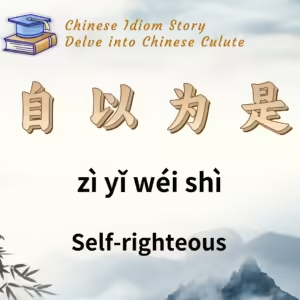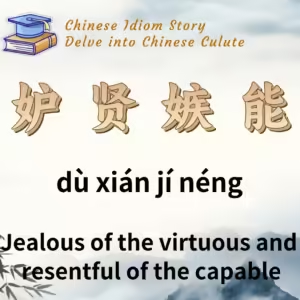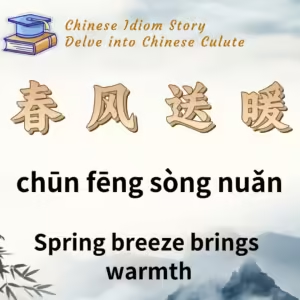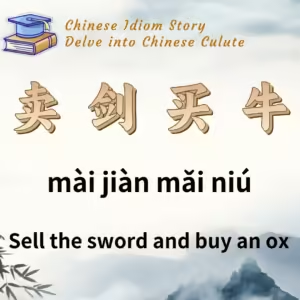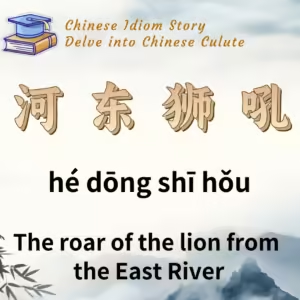
Chinese Idiom: 河东狮吼 (He Dong Shi Hou)
English Translation: The roar of the lion from the East River
pīn yīn: hé dōng shī hǒu
Idiom Meaning: This idiom describes a strong-willed, jealous wife who often expresses her anger towards her husband.
Historical Source: Rongzhai Sanbi by Hong Mai.
Idiom Story:
The story behind this idiom involves the famous poet Su Shi (苏轼), who lived during the reign of Emperor Shenzong of the Song Dynasty. Su Shi was an outspoken critic of the political reforms introduced by Wang Anshi, leading to his demotion and imprisonment. After being released, he was sent to Huangzhou (now Huanggang in Hubei Province) as the deputy magistrate. Despite his misfortunes, Su Shi remained optimistic and often entertained his friends with stories and jokes.
During his time in Huangzhou, Su Shi frequently visited a friend named Chen Zao (陈造), who was known for discussing Buddhist philosophy and claimed the title of “layman.” Chen Zao was very hospitable and enjoyed long conversations with his friends, often late into the night. However, his wife, Madame Liu, was known for her fiery temper and jealousy. Whenever Chen Zao hosted gatherings that included singing girls, Madame Liu would bang on the wall and shout loudly, disrupting the party and forcing the guests to leave.
In response to this situation, Su Shi humorously wrote a poem for Chen Zao, which included the line about the “roar of the lion from the East River.” The “East River” refers to Madame Liu’s family name, Liu, which was associated with the area. In this poem, Su Shi lamented how poor Chen Zao, engrossed in deep discussions of Buddhist texts, would be startled and rendered helpless by the disruptive shouts of his wife.
As a result of Su Shi’s playful verse, the idiom “河东狮吼” emerged, symbolizing the fierce and dominating nature of certain wives who express their displeasure loudly and publicly.

